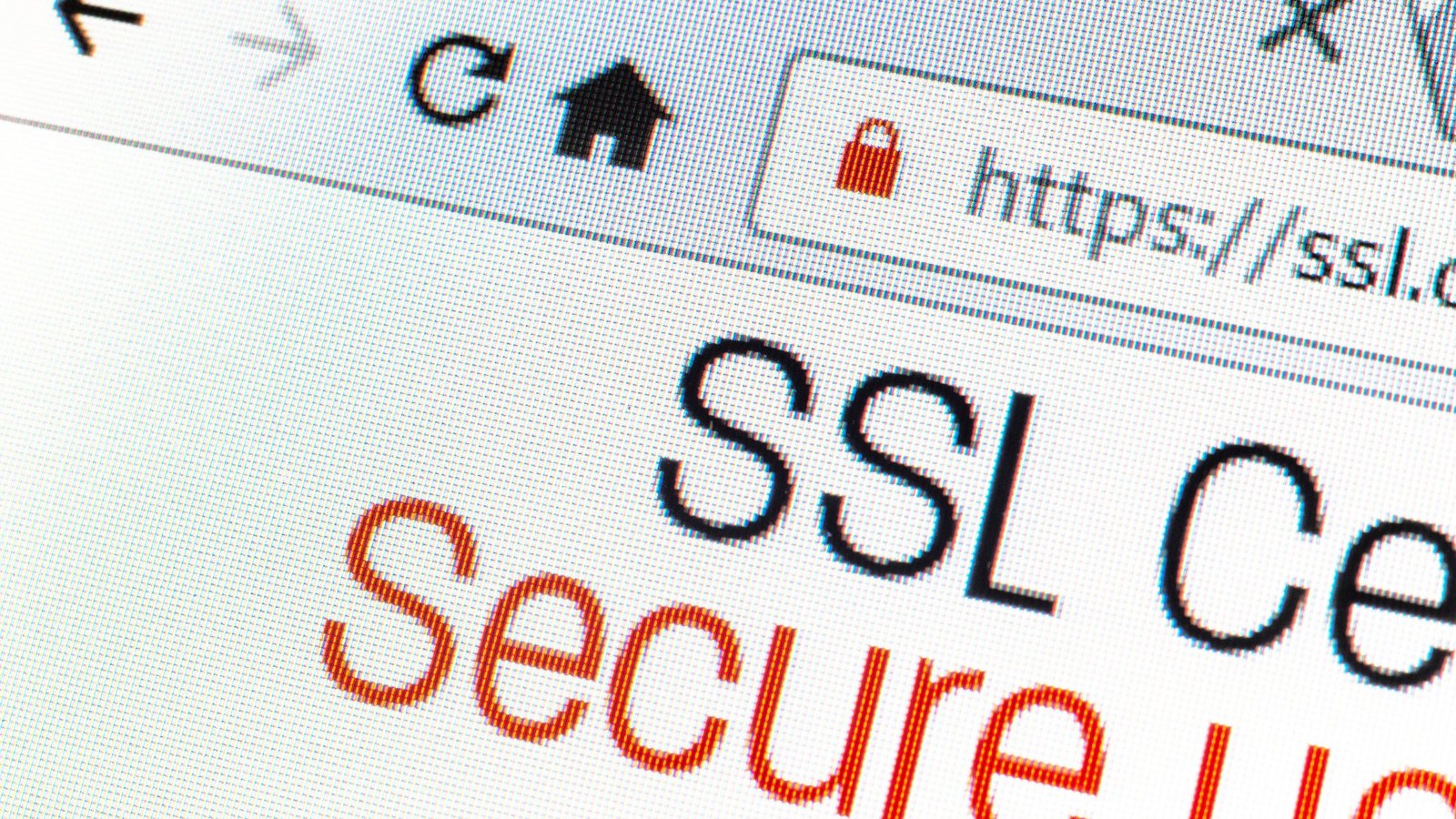In the fast-paced digital era, where online presence is crucial for business success, the security of your small business website should be a top priority. One fundamental aspect that plays a significant role in safeguarding your website and customer data is the SSL certificate. In this blog, we will delve into the importance of SSL certificates for small business websites, share essential tips on implementation, and conclude with a strong call to action to ensure your online security is in top-notch shape.
Importance of SSL Certificates for Small Businesses
1. Data Encryption: SSL (Secure Socket Layer) certificates encrypt the data exchanged between a user’s browser and your website. This ensures that sensitive information such as login credentials, personal details, and financial transactions remain confidential and secure.
2. Trust and Credibility: Displaying the padlock icon and “HTTPS” in the address bar signals to your visitors that your website is secure. This builds trust and credibility, assuring users that their interactions with your site are safe, ultimately encouraging them to engage more and complete transactions.
3. Search Engine Ranking Boost: Search engines like Google prioritize secure websites in their rankings. Having an SSL certificate can positively impact your SEO efforts, potentially boosting your website’s visibility and driving more organic traffic.
4. Compliance with Regulations: Many data protection regulations, such as GDPR, require websites to implement security measures to protect user data. SSL certificates help small businesses comply with these regulations, avoiding potential legal issues and fines.
Tips for Implementing SSL Certificates on Small Business Websites
1. Choose the Right SSL Certificate: Select an SSL certificate that aligns with your business needs. Options include Domain Validated (DV), Organization Validated (OV), and Extended Validation (EV) certificates, each offering varying levels of authentication and validation.
2. Purchase from Reputable Certificate Authorities: Obtain your SSL certificate from a trusted Certificate Authority (CA) to ensure its authenticity. Recognized CAs provide stronger encryption and better compatibility with different browsers.
3. Regularly Update and Renew: Keep your SSL certificate updated and renew it before expiration. Outdated certificates may expose your website to vulnerabilities, impacting both security and user trust.
4. Mixed Content Check: Ensure that all elements on your website, including images, scripts, and stylesheets, are served over HTTPS. Mixed content can compromise the security of your site, so thorough checks are essential.
Small businesses cannot afford to neglect website security. SSL certificates serve as a foundational layer in fortifying your online presence, providing encryption, building trust, and aiding in regulatory compliance. By implementing the tips mentioned above, you can strengthen your website’s security posture and create a safer environment for both your business and your customers.
Take Action Now!
Investing in the security of your small business website is a proactive step towards long-term success. If you haven’t already, secure your website with an SSL certificate today. Consult with us now!
Don’t wait—protect your online assets and foster trust among your users. Your website’s security is not just a necessity; it’s an investment in the future of your business.



